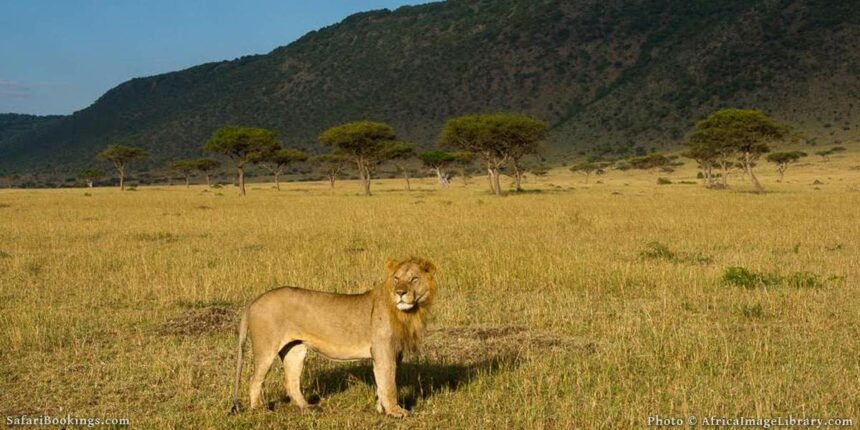After the election of John Pombe Magufuli as president, a number of activists and wildlife conservationists wrote an open letter to the president urging him to step up Tanzania’s fight against poaching of elephants.
Their concern was informed by the alarming statistics revealing the high rates at which Tanzania is losing its beloved elephants. Half a century ago, the country boasted of 300,000 elephants. Today the number is estimated at 43,300. In 2009, Selous Game Reserve had about 39,000 elephants. In 2013, the number had dropped to 13,000. That’s a 67% drop in 5 years.
“We mourn the loss of these thousands of elephants, each of whom had a family and friends, and who in their lifetimes formed long-lasting memories, celebrated the births of new calves, and grieved deaths of new companions,” the group said.
They appealed to the government to:
- Arrest and prosecute the major ivory traders operating in the country, regardless of their nationality, status or position.
- Use Tanzania’s long lasting friendship with China to close the Chinese ivory markets.
- Publicly destroy Tanzania’s ivory stockpile.
Of the three actions the group proposed to be taken in the fight against elephant poaching, publicly destroying Tanzania’s ivory stockpile stood out as the easiest to do as it is within government’s immediate reach and can be done almost immediately.
I agree with them. Tanzania currently has the largest ivory stockpile in the world. Publicly destroying Tanzania’s ivory stockpile will send a strong message to poachers and illegal ivory traders that Tanzania is committed to the fight against poaching and has zero tolerance to ivory trade.
2015 saw a number of nations destroy their ivory stockpiles. Kenya, Ethiopia, Mozambique, China and the United States all destroyed their ivory stockpiles. Kenya was doing it for the third time having done the same in 1989 and 2011.
Tanzania is one of the countries that incur the biggest losses because of illegal ivory trade. One would expect that the country would lead the way and support all efforts that target handicapping poaching of elephants. Tanzania currently has the largest ivory stockpile in the world.
There are only three ways ivory stockpiles can be managed: dispose them by selling them, destroy them, or store them indefinitely.
Storing them has proven to be expensive in terms of security resources and the image portrayed. Selling them is counter-productive since releasing such tusks into the legal market has proven to only enhance the demand for illegal ivory as was the case with the 1999 and 2008 ‘one of sales’ to Japan and China by various Southern African countries.
The sales completely undermined the gains that had been made after the 1989 ban on international ivory trade. It was difficult to figure out whether ivory being traded was legal or not. This presented a perfect cover for illegal ivory. The demand for ivory also increased. This led to a fresh wave of butchering of African elephants.
There is no logical reason why Tanzania should keep holding to its ivory stockpile.
Tanzania has in the past had plans of selling its ivory stockpiles to finance anti-poaching campaigns. Such plans have since been abolished. Speaking at an anti-poaching campaign in 2014, former president, Jakaya Kikwete, said that Tanzania had abolished any plans it had before of selling her ivory stockpile and that they would be destroyed. Not much progress has been made to deliver on the promise of destroying them.
President John Magufuli’s administration should move swiftly to address this issue. Tourism is the major foreign exchange earner in the country bringing in nearly $2 billion annually. The sector also employs about 20% of the country’s workforce. The sector has attracted a lot of investments in accommodation facilities and tour operators.
President Magufuli has indicated before that his government will take the fight against poaching more seriously than previous governments did. The tone with which he addressed the issue during his inaugural address to parliament gave hope to Tanzanians and tourism industry players that something will finally be done to curb the poaching menace. Just recently, following the shooting down of a British chopper pilot who was tracking down poachers in Masawa Game Reserve, the president said, “I personally support the fight against poaching in our game reserves and national parks.”
We want to see this commitment to the fight against poaching shown through elaborate and result-oriented anti-poaching activities. President Magufuli can begin by having the world’s largest ivory stockpile destroyed. This way, we’ll know that he is actually serious about saving Tanzania’s elephants.
Poaching threatens the industry. Anything that can be done to protect our wildlife and discourage poaching should be quickly executed. The government should start by burning the country’s ivory stockpile to send a strong message to all illegal ivory dealers that Tanzania will no longer tolerate their activities.
Gonza Oyoo is a travel writer and blogger. He is passionate about showcasing Africa’s best attractions to show the world what Africa has to offer. You can contact him via email at [email protected]
